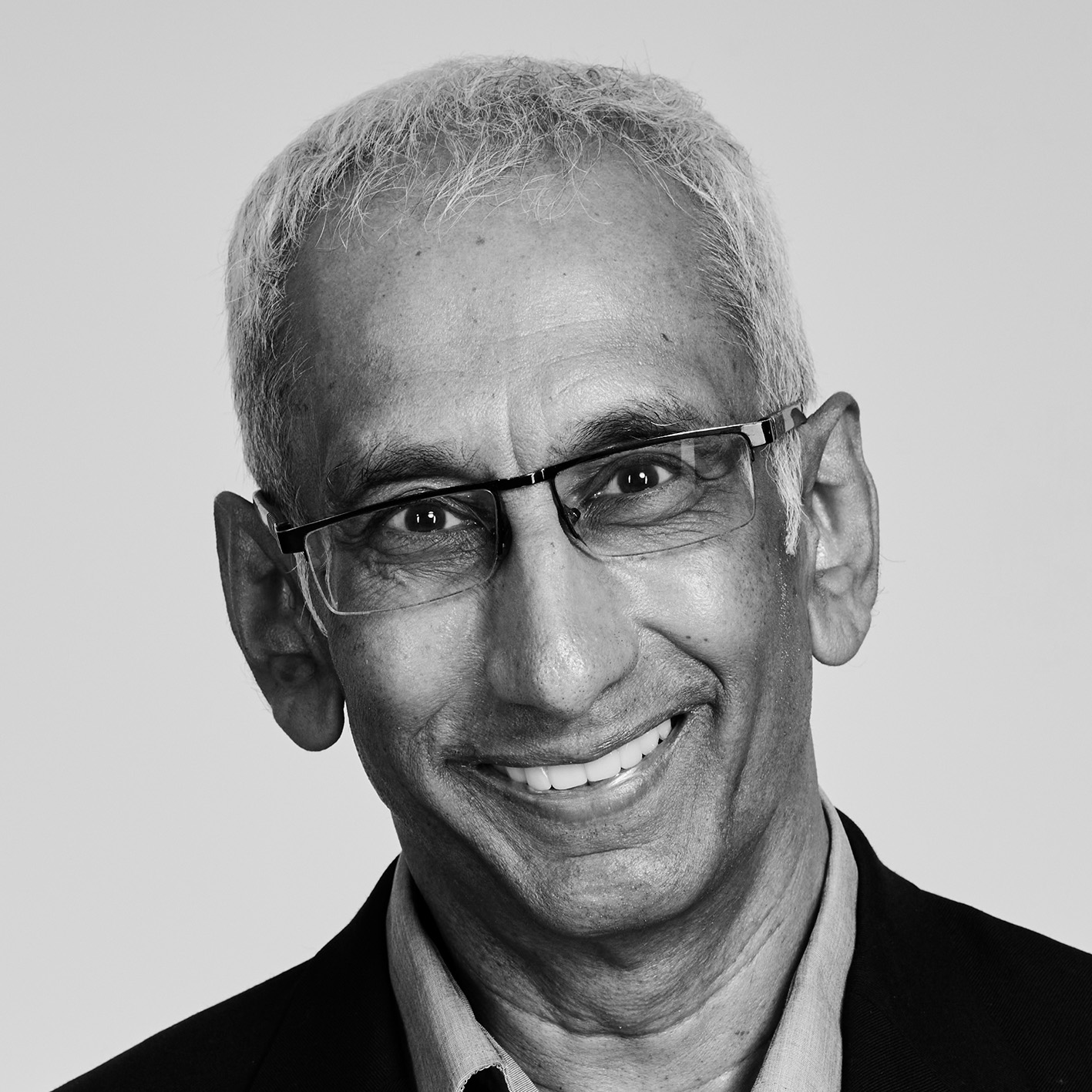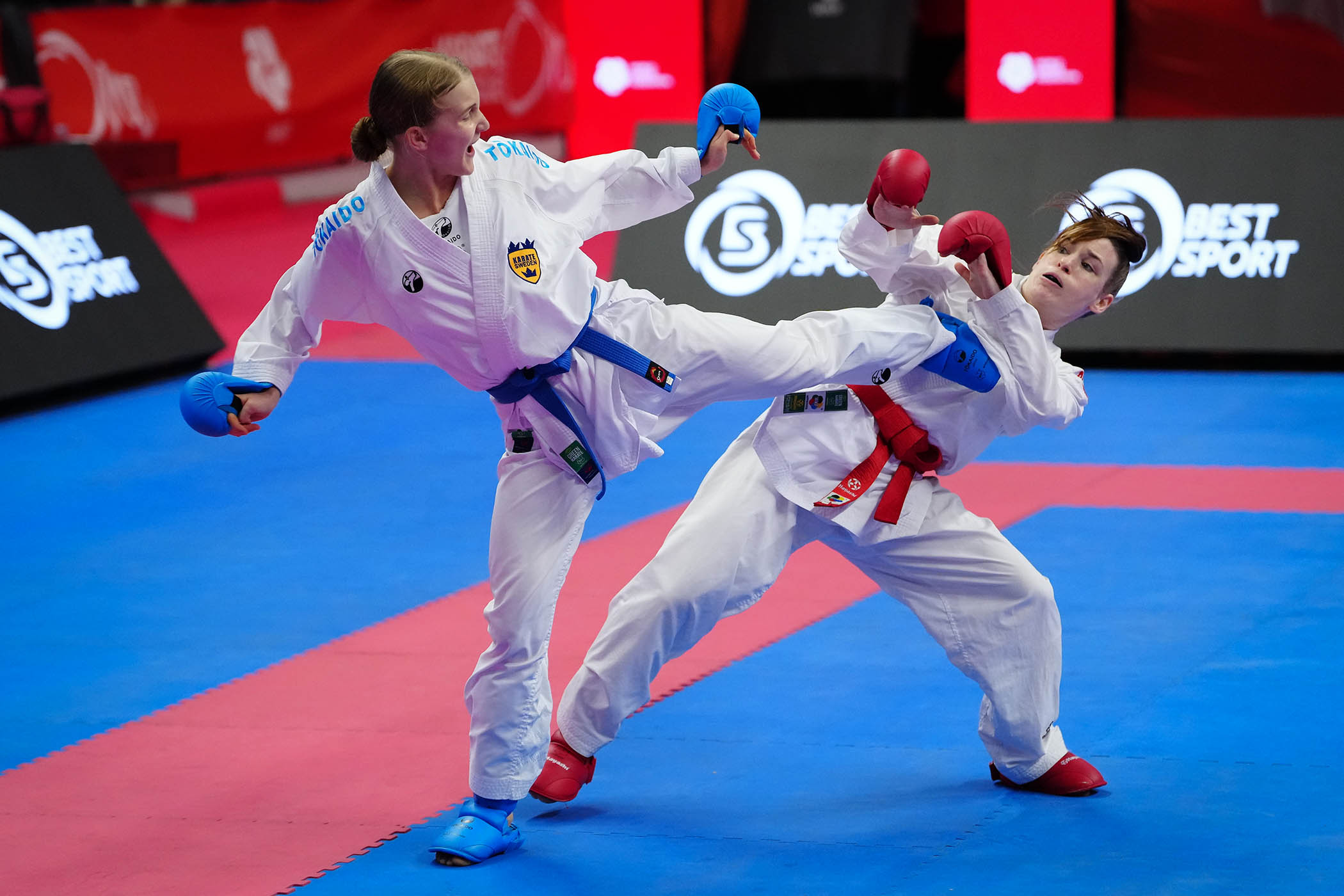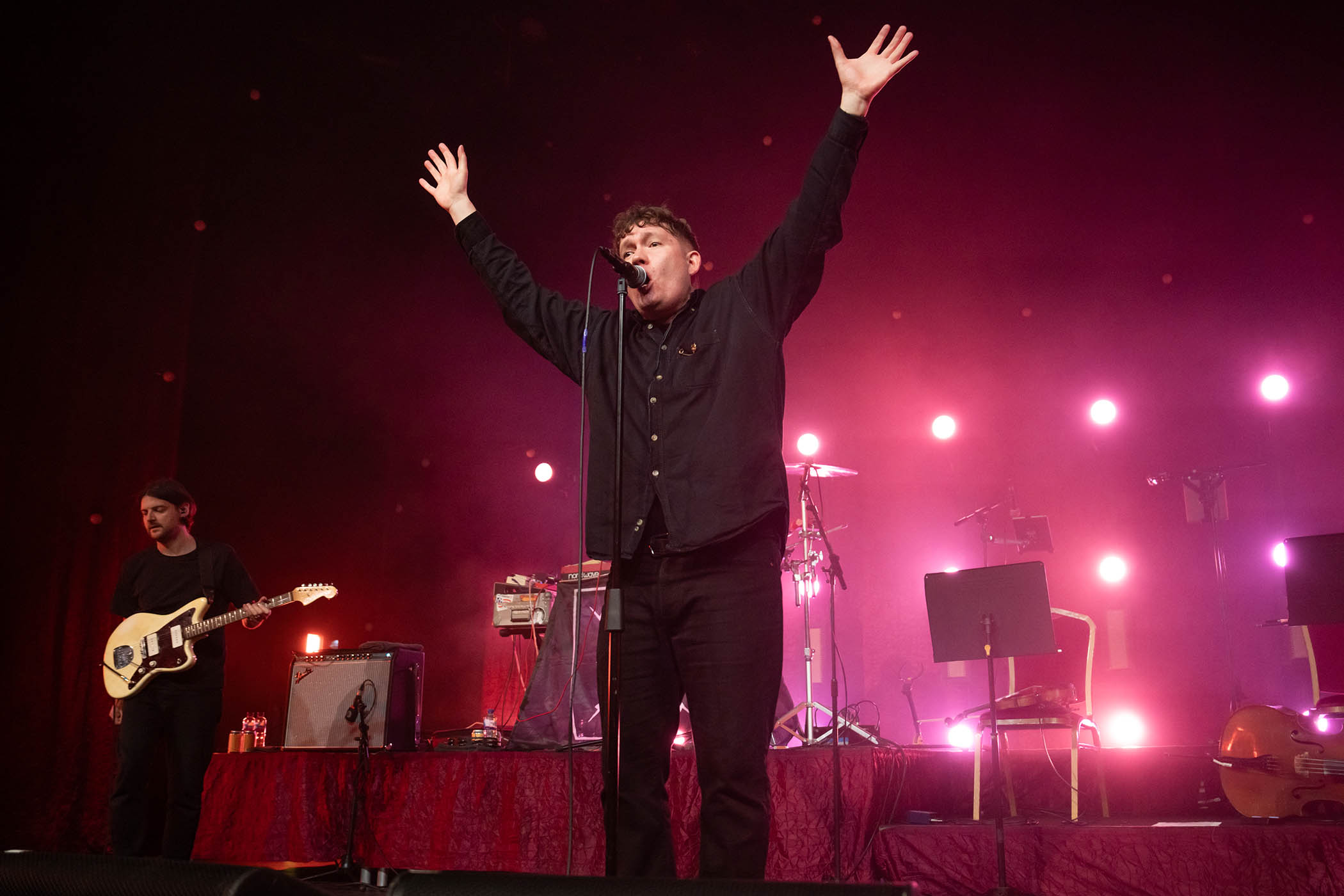The threat of mass deportations.The erosion of the right to protest. Treating protest groups as terrorists. The enforcement of blasphemy laws through the back door. Imprisonment for offensive slogans and tweets. The growth of ethnonationalist accounts of belonging.
Much of contemporary policymaking and political debate is infused with a spirit of illiberalism, with a desire to curb individual rights, to squeeze the space for dissenting views, and to restrict, too, the people and groups to which rights can apply.
Behind the rise of illiberalism lies a confusion over what liberalism is – and how to challenge it. Liberalism has become emblematic of much of what is wrong with contemporary society, from the inequalities created by globalisation to the democratic deficit established by transnational organisations, from the cultural impact of mass immigration to the breakdown of working-class communities. Much of this criticism is well merited. But the critique often also conflates distinct aspects of liberalism, throwing together those aspects of liberalism that are injurious to a flourishing society with those that are essential to it.
Most injurious are the neoliberal policies that, beginning with Thatcherism, emerged from the 1980s onwards as the postwar Keynesian order gave way. These policies deindustrialised Britain, often replacing manufacturing with a mass of low-wage, insecure, service-sector jobs; allowed inequality to soar and crushed trade unions that previously had helped keep such inequalities in check; atomised society by disaggregating communities and disparaging collective life; and introduced the market into every nook and cranny of social life. The crushing of labour organisations and the transformation of the Labour party away from its working-class constituencies left many feeling abandoned and voiceless. Today, immigration has become the primary symbol of the broken social contract, but the roots of the brokenness run much deeper.
As an ideology, “neoliberalism” has a specific history, emerging in the 1930s in response to moves towards greater state regulation of market forces and from a desire to insulate market forces from democratic processes. It is also rooted, though, in what the political philosopher CB Macpherson called the “possessive individualism” at the heart of classical liberalism, which regarded the individual as “essentially the proprietor of his own person and capacities, for which he owes nothing to society”, and society as consisting of “a series of market relations”.
Yet, liberalism cannot be reduced simply to “possessive individualism” or to the consequences of neoliberal policies. It is a capacious political philosophy with many strands and perspectives. Particularly important are political ideals of liberty and freedom, such as democracy, equal rights, free speech, freedom of worship and social tolerance. While these emerged out of the liberal tradition, and are often described as “liberal norms”, the attitude of the liberal elites to such norms has always been contradictory and conflicted. Liberals have long been hesitant to extend claims of equality, liberty and democracy to the masses, fearful of losing their own privileges.
That fear was already visible long before liberalism was formalised as political philosophy. In 1647, the celebrated Putney debates during the English civil wars pitted the rank and file of Oliver Cromwell’s New Model Army against the officer class, or Grandees, in a tussle over the political future of Britain. The general Henry Ireton, Cromwell’s son-in-law, rejected rank-and-file calls for greater working-class rights on the grounds that “liberty cannot be provided for in a general sense if property be preserved”.
Fear of losing their privileges led the governing classes over the next three centuries continually to limit the scope of liberal norms. It took more than 200 years of sometimes very bloody struggle before working-class men were able to vote, and even longer before women were enfranchised. From John Locke, often regarded as the founder of modern liberalism, supporting slavery and refusing to extend religious tolerance to Catholics; to William Wilberforce, celebrated as a campaigner against slavery, encouraging the use of sedition laws to prevent the working class from organising; to John Stuart Mill, the great Victorian liberal philosopher, defending colonialism on the grounds that “despotism is a legitimate mode of government in dealing with barbarians”; liberals have long sought to deny others the values they prized for themselves.
Those values were worth prizing. But it was only through the struggles of the dispossessed – of slaves to emancipate themselves, of colonial subjects confronting imperial rule, of the working class organising to gain their rights, of women demanding equality – that they were made universal rather than remaining the exclusive property of a privileged few.
Out of these struggles emerged the universalist radical tradition, a tradition both rooted in class politics and recognising the significance of essential liberal political values to working-class struggles and to the creation of a free and equal society. It is, though, this tradition that has been the biggest casualty of the implosion of the left in recent decades, replaced as it has been largely by the politics of identity. Its decay has ravaged more than just the left. Without the buttress of radicalism, liberals themselves have become less willing to defend ideals such as free speech or equal rights.
Newsletters
Choose the newsletters you want to receive
View more
For information about how The Observer protects your data, read our Privacy Policy
It is more important than ever to be able to distinguish between the injurious aspects of liberalism, policies that have shattered working-class communities, ripped the social fabric of civic life and denied dignity and solidarity to some of the most vulnerable people in society, and those values that are essential both for defending working-class interests and for creating open, flourishing societies. Otherwise, the critique of liberalism will continue to descend into the politics of illiberalism.
Photograph by Jacob King/PA Wire



